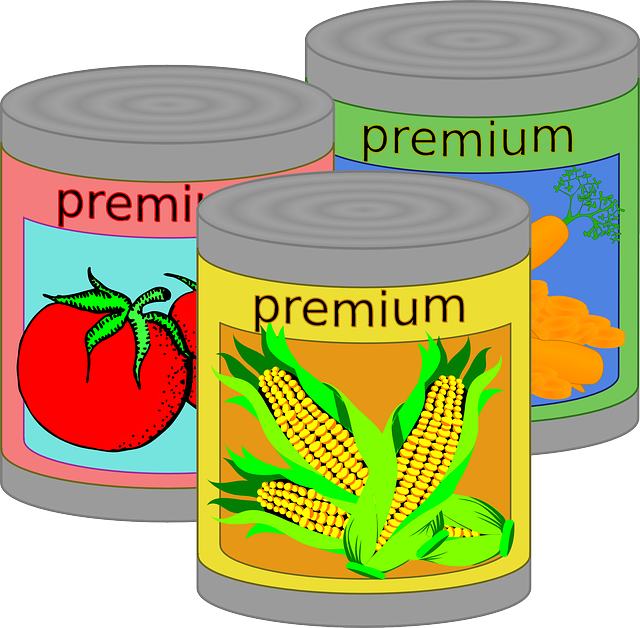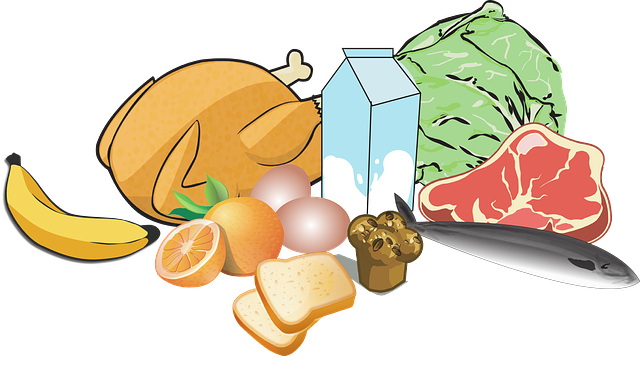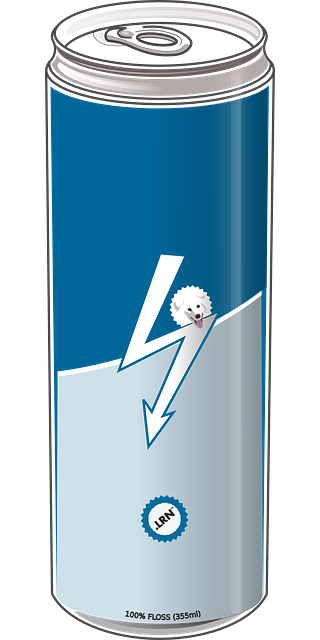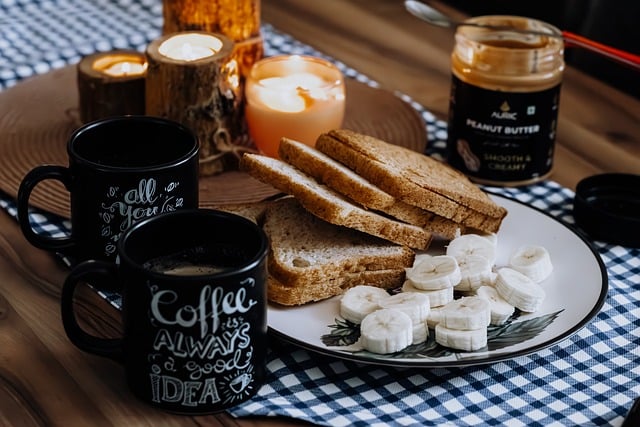The "Plush Alligator in a Can" concept blends plush toys with canned goods, offering a unique, conversation-starting item for collectors or gift-givers. Driven by consumers' demand for unconventional products, the weird canned food market is growing, reflecting a trend towards memorable dining experiences. This concept combines ethically sourced alligator hides with skilled craftsmanship to create soft, huggable alligators in cans. While appealing to diverse audiences, these items also raise ethical concerns about consumer exploitation and wildlife impact, calling for a harmonious blend of creativity and responsibility in future trends.
“Unleash your inner child with the latest oddity to hit the market—the plush alligator in a can! This unique product challenges traditional concepts of toys, sparking curiosity and debate. In an era of unconventional trends, ‘weird canned food’ has emerged as a surprising niche. From its inception to production and target audience, this article explores the concept, market demand, and ethical implications surrounding these bizarre plush alligators packed in cans. Prepare for a wild journey into the world of unusual home decor.”
- Unveiling the Concept: What is a Plush Alligator in a Can?
- The Market and Demands that Sparked This Unusual Product
- Production Process: From Real Alligators to Canned Plush Toys
- Target Audience: Who Buys These Weird Canned Foods?
- Ethical Considerations and the Future of Plush Alligator Cans
Unveiling the Concept: What is a Plush Alligator in a Can?

Unveiling the Concept: What is a Plush Alligator in a Can?
In today’s quirky world of unique products, the idea of a “Plush Alligator in a Can” stands out as one of the strangest yet intriguing concepts in the realm of weird canned food. It’s not your ordinary pet or snack; this is a soft, cuddly alligator designed to bring a playful twist to any space. Crafted with meticulous care, these alligators are not just lifelike but also incredibly huggable, making them an unusual yet appealing addition to one’s collection or even as a surprising gift.
The concept blends the comfort of plush toys with the novelty of canned goods, creating a conversation starter that defies conventional expectations. Imagine opening a can to find a contented alligator ready to leap into your arms—it’s a far cry from traditional canned food items and promises to bring a burst of humor and warmth to any setting.
The Market and Demands that Sparked This Unusual Product

In today’s diverse and dynamic market, consumers are constantly seeking unique and intriguing products that cater to their unconventional tastes. This trend has sparked the creation of various weird canned food items, one of which is the Plush Alligator. The demand for such peculiar offerings stems from a growing appetite for experiences that transcend traditional culinary norms. With an increasing number of people embracing adventurous dining, companies have taken notice, aiming to satisfy this insatiable curiosity.
The concept of a plush alligator in a can taps into the desire for novelty and playfulness in food. It caters to those who enjoy pushing boundaries and exploring unconventional flavors and textures. This trend showcases a broader shift towards creating memorable food experiences, whether it’s through unusual ingredients or innovative presentation styles. As consumers continue to seek out unique culinary adventures, we can expect to see more weird canned food products entering the market, each one aiming to capture attention and satisfy the thirst for something different.
Production Process: From Real Alligators to Canned Plush Toys

The transformation from real alligators to plush toys in a can is a fascinating journey that combines creativity and craftsmanship. It begins with the selection of high-quality, ethically sourced alligator hides. Skilled artisans carefully peel and prepare the skin, ensuring every detail is meticulously preserved for the final product. Once prepared, the hides undergo a series of specialized treatments to ensure they remain soft yet durable.
These treated skins are then cut into precise shapes, forming the foundation for our quirky plush toys. Using advanced stitching techniques, expert seamstresses assemble these pieces, filling them with soft stuffing and meticulously hand-sewing every joint. The final step involves canning these adorable (and once real) alligators, creating a unique display piece that blends whimsy and artistry. This process turns what could be considered weird canned food into a beloved companion for kids and collectors alike.
Target Audience: Who Buys These Weird Canned Foods?

The concept of a “plush alligator in a can” might sound like something straight out of a fantasy novel, but for collectors and enthusiasts of unique items, it’s a fascinating addition to their pantry. These peculiar weird canned foods have garnered a dedicated following among individuals who appreciate novelty and the extraordinary. From curious foodies to those with a penchant for macabre aesthetics, these products find their place in homes that embrace the unusual.
The target audience for such unusual offerings is diverse. They range from young adults seeking unique culinary experiences to seasoned collectors looking for rare items to add to their personal collections. The appeal lies not only in the strangeness of the product but also in its potential as a conversation starter and a display piece, adding a touch of whimsy or even horror to any setting.
Ethical Considerations and the Future of Plush Alligator Cans

The concept of a “plush alligator in a can” is undoubtedly peculiar, yet it raises important ethical questions regarding consumer trends and product innovation. As the market becomes saturated with unique and often eccentric food products, including unusual canned goods, there’s a fine line between catering to niche demands and exploiting curious consumers. The allure of rare or bizarre foods has led to an increasing number of brands embracing unconventional ideas, but it’s crucial to consider the potential impact on wildlife and the sustainability of such practices.
Looking ahead, the future of “weird canned food” trends might depend on a balance between creativity and responsibility. While consumers seek novel experiences, manufacturers have a duty to ensure these products do not inadvertently contribute to ecological harm or promote unethical practices. By embracing innovative ideas while maintaining ethical standards, the market for unusual food items can evolve in a direction that both delights consumers and respects the natural world.






